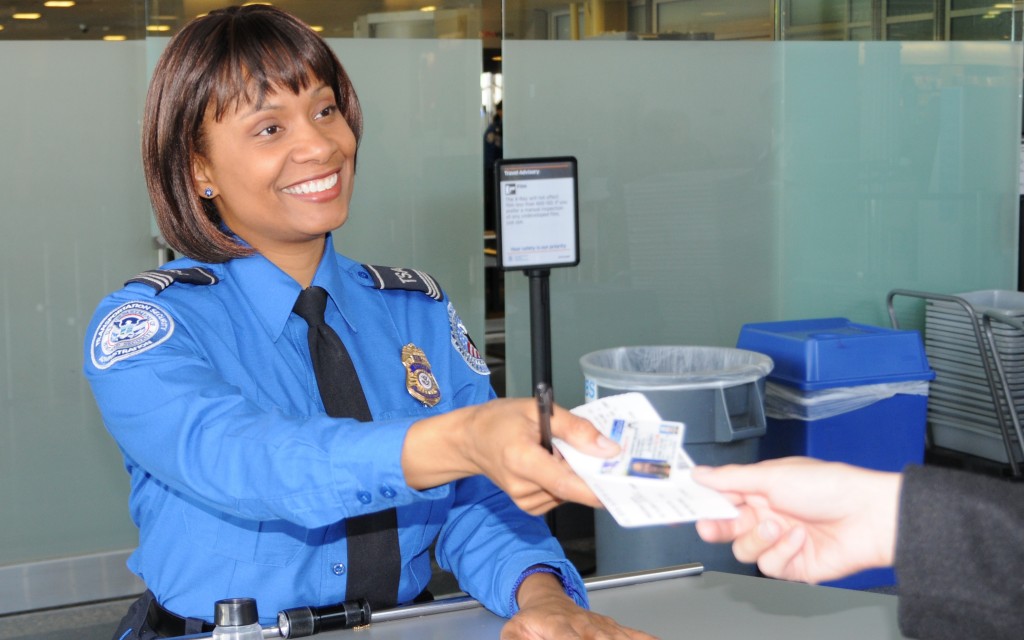You hear it all the time in advice columns and self-help books for women. An author begins by praising the collaborative nature of many women and noting how it can add real value to workforce operations. Then, the same author suggests that women take a more independent and authoritative stance in order to excel in their chosen field field.
Especially given that her organization focuses on a defense field, Tanasichuk’s advice came as a surprise. Even she admitted, “In homeland defense, you have a strong command and control component, and a lot of law enforcement culture.”
Nevertheless, Tanasichuk and WHS believe that a collaborative approach is actually better suited to the needs of homeland security, because the field is relatively new and requires a pulling from multitude of skillsets and government fields. “Trying to create an environment where all of the disciplines that would fit under homeland security has been tough for everyone,” she said. “We really wanted to build an organization that helped women bring their skills to that mission.”
WHS wants to give women the skills and confidence to pursue their goals within the homeland security field. “There are two pieces to improving your professional life. One, of course, is being able to advocate for yourself—being able to advocate your ideas and your value. The second piece is being the best,” said Tanasichuk.
“When you’re sitting at the table, we want to make sure you have both skills to offer. You can promote yourself and your points of view. And you know all about it, because you just had a lunch with a woman in government or in the private sector who is facing the same mission challenges.”
One of WHS’s primary tactics for empowering women is to expose them to other female leaders in the homeland security field. While many women’s organizations establish formal mentorship or training programs, WHS hosts luncheons that allow women to discuss their careers, ask questions, and learn from a successful colleague.
“A huge value is learning the path to that person’s current position. It’s rare that children dream of being head of a government agency,” said Tanasichuk. “One of the questions we ask all of our speakers is, ‘How did you get to your current position? Was it that you set a goal to be that position, or did you kind of circuitously get there?’ Most of the time the answer is the latter. Helping women see the different ways that people get to their jobs is a mentoring in itself.”
At these events, WHS speakers also emphasize that women don’t have to change the way they think in order to succeed in homeland security. And by inviting men to the discussions, they ensure that this message is presented to both genders. “A problem set is not always solved in just one way, there are numerous ways to get to a great conclusion. Giving women the opportunity to talk about the way they approach a problem, educates men as well as other women,” she said.
Finally, WHS supports its members by creating a community where women feel empowered to assert themselves, and their way of doing things. “If your approach is completely different and alien, you have to convince stakeholders that it’s the way to try. You have to have confidence to advocate for that approach. WHS gives women a safe group in which to do that,” said Tanasichuk.
But WHS’s goal extends beyond the group itself. Tanasichuk hopes that, by highlighting successful women, embracing collaborative approaches, and encouraging self-advocacy, WHS can change the security field at large. She concluded, “Women in Homeland Security’s mission is building a security community that makes space for different types of problem solving.”
Photo Credit: The Department of Homeland Security
